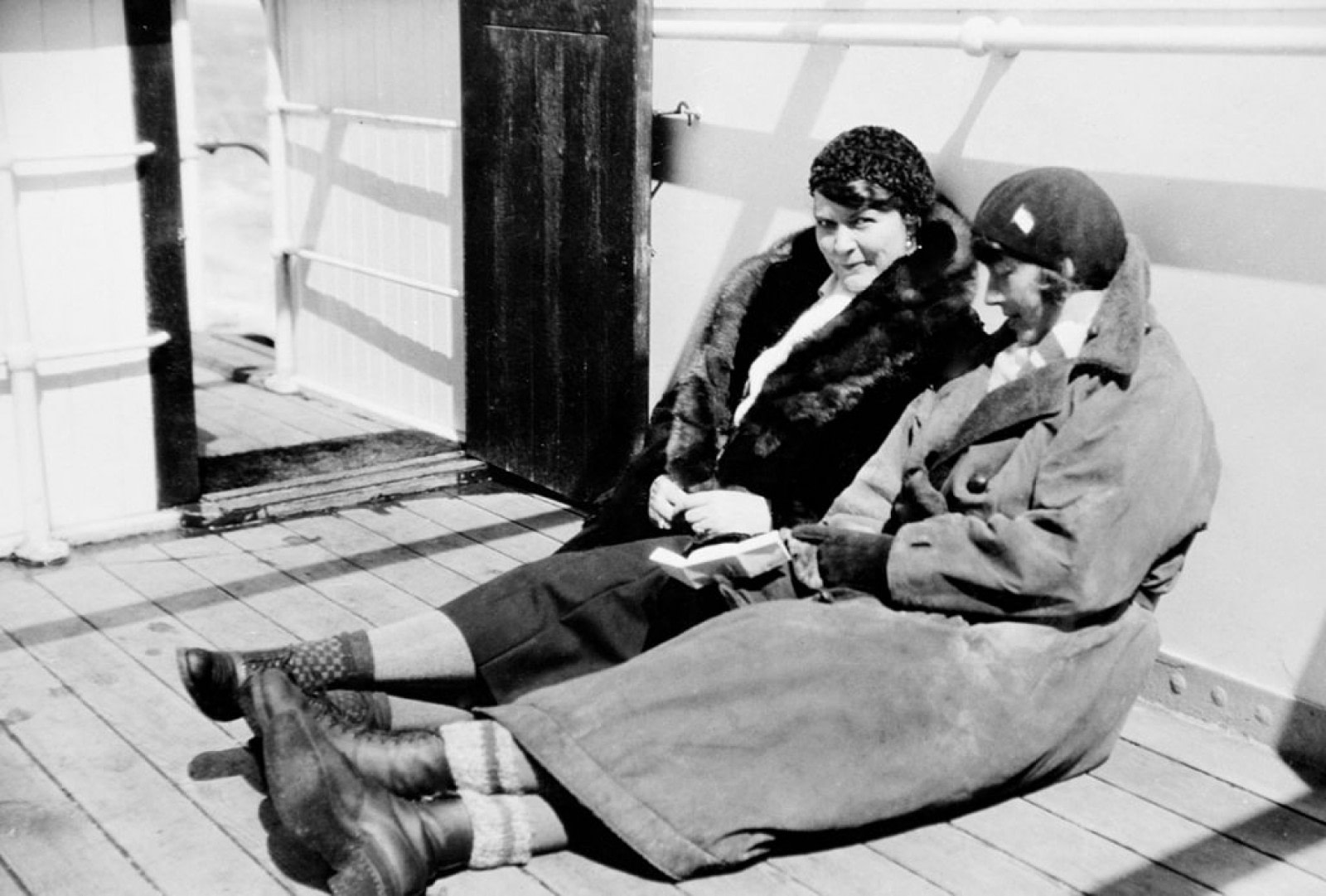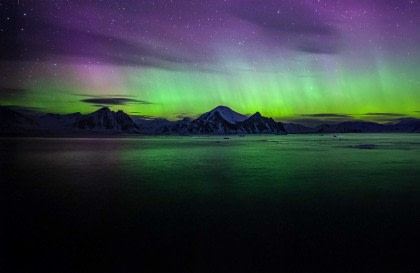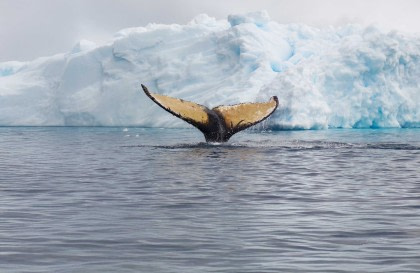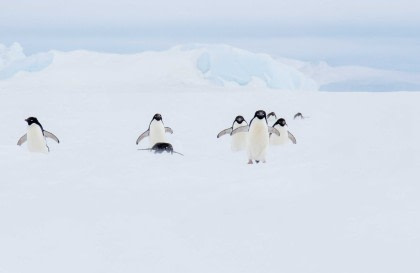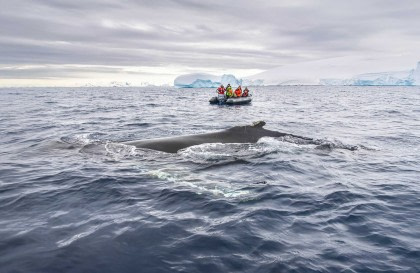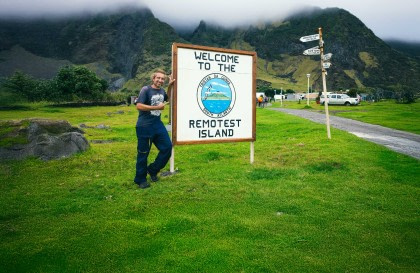Women in Antarctica
Though the list of explorers, scientists, and scientific expeditions in Antarctica is as extensive as it is impressive, it has also been overwhelmingly one-sided in terms of gender - especially before the early years of the twentieth century.
Since the mid-1930s, however, women have little by little been making their presence known in Antarctica. This began modestly, with the wives of prominent navigators accompanying their husbands to Earth's coldest continent, then proceeded to female scientists visiting Antarctica to undertake their own research expeditions.
Nowadays female travelers and scientists are common in Antarctica, though this took a long time (and more than a few determined women) to be so.
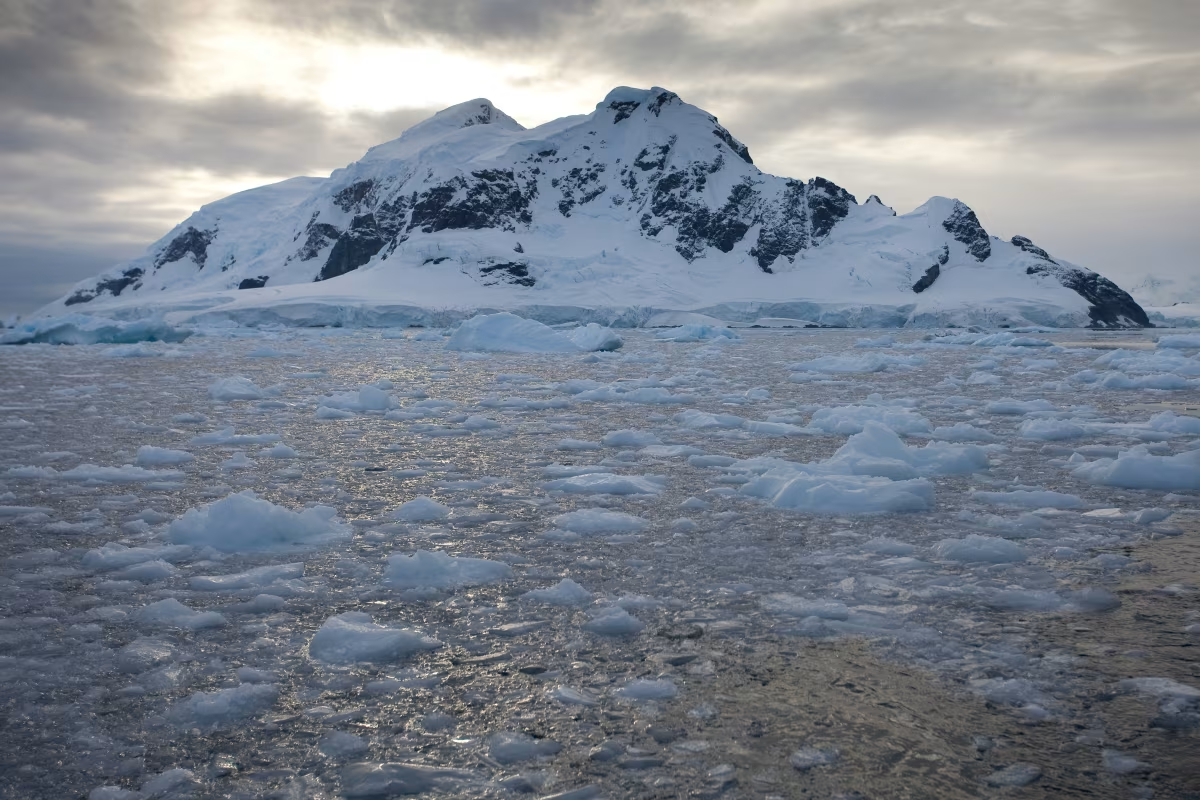
Caroline Mikkelsen, the first woman to land in Antarctica
Although women had seen Antarctica from the decks of a ship, no woman had set foot in Antarctica until Caroline Mikkelsen did in 1935.
The Norwegian whaling firm, Christiansen, had sponsored a series of research and discovery expeditions in Antarctica. These expeditions were primarily done to provide more information to whalers, but they also opened up new sections of Antarctica’s coasts and seas.
Sailing on the Thorshavn during the 1934 - 35 summer season, captain Klarius Mikkelsen was accompanied by his wife, Caroline Mikkelsen.
While hoisting the Norwegian flag, the party came to shore on an Antarctic island on February 20, 1935, with Caroline rowing boat that carried her husband and seven other sailors to shore.
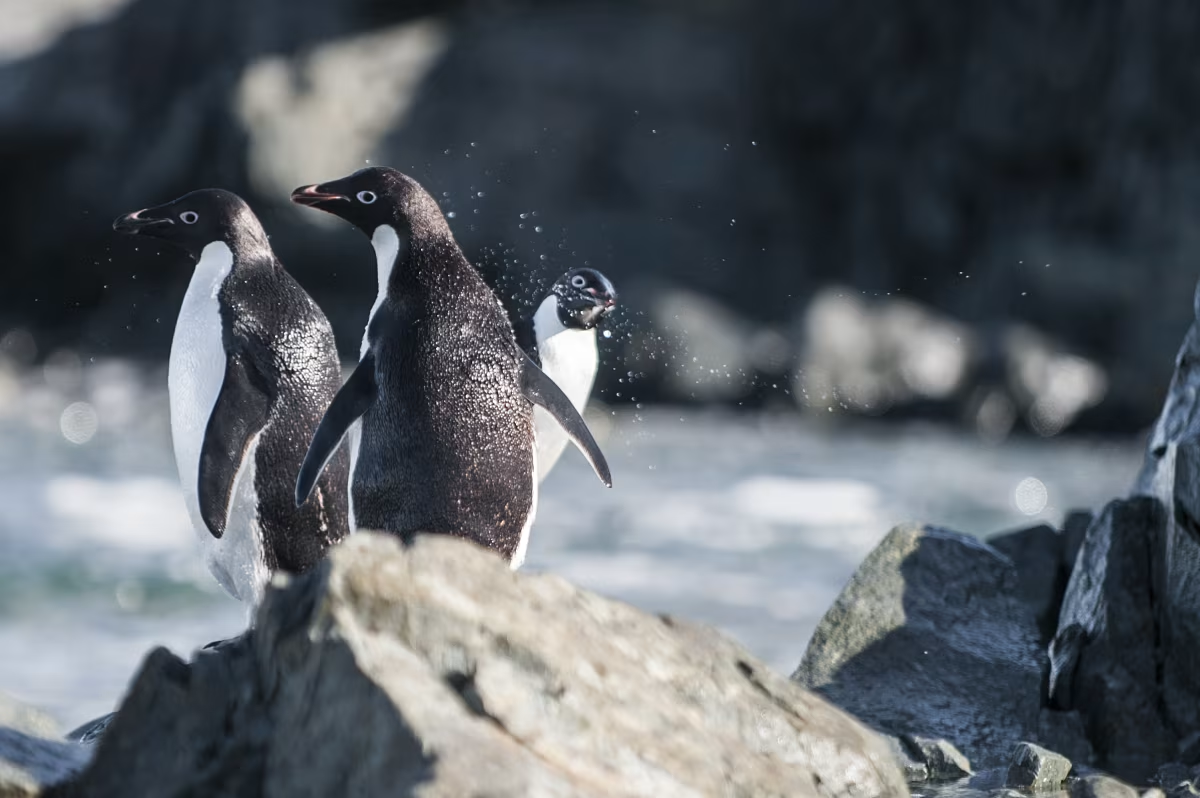
Ingrid Christensen, the first woman to reach the Antarctic continent
Though Mikkelsen was the first woman to set foot in Antarctica, Ingrid Christensen was the first to do so on the continent itself.
Making four trips with her husband in the 1930s, Christensen was also the first woman to see Antarctica from a ship (with her friend, Mathilde Wegger) and the first to fly over it. Some even consider her the first to have traveled there, more so than Mikkelsen.
Far from being merely along for the ride, Christensen was an integral part of her husband's expeditions. She was known for her fearlessness and bold demeanor, and for her contributions she received Norway's top knighthood, the Order of St Olav, in 1946.
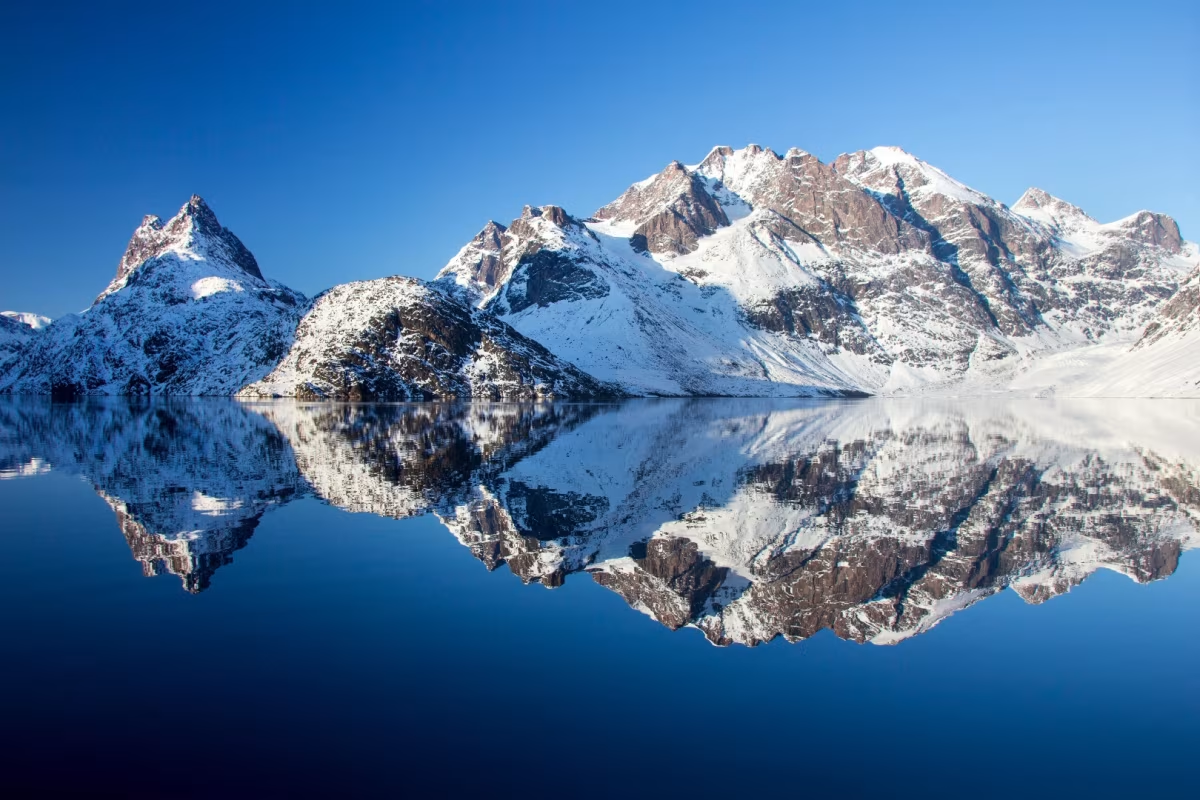
Maria Klenova, the first female scientist in Antarctica
In 1952 the International Council of Scientific Unions planned the International Geophysical Year (IGY), an international project that ended the disruption to scientific communication between the Eastern and Western Hemispheres.
Scheduled to take place from July 1, 1957, to December 31, 1958, the IGY led to the planning of hundreds of research stations throughout the world, recording data in the upper atmosphere and earth sciences, with a special emphasis on Antarctica. The date collected was to be pooled for all nations to have access to.
Twelve nations were involved in the IGY: Argentina, Australia, Belgium, Britain, Chile, France, Japan, New Zealand, Norway, Russia, South Africa, and the United States, and the nations already operating stations in Antarctica increased them for IGY.
Thousands of men from nearly all nations were in Antarctica during IGY as scientists, technicians, and tradesmen, but only one nation invited a woman into its program.
As Russian women had served on whaling vessels in Antarctica for a decade, there was less hesitation including a woman in their scientific team. The First Soviet Antarctic Expedition took place in 1955 - 56, setting up a station named Mirny on the coast of Queen Mary Land and including a renowned marine geologist there: Professor Maria Klenova.
Klenova, who had already worked in the Arctic, sailed aboard the Ob, one of the research vessels used to establish Mirny for IGY. Klenova was the first woman to carry out a program of scientific work in her own discipline in Antarctica.
After leaving Mirny, the Ob carried out oceanographic work around the Antarctic coastline, then headed north to Macquarie Island. Klenova then became the first woman to go on shore there before sailing to Wellington, New Zealand, and heading home.
During the following summer, hydrobiologist V.S. Korotkevich and geomorphologist L.M. Nikolaeva worked with the Second Soviet Antarctic Expedition. In total, more than 50 female scientists from Russia worked in Antarctica between the first expedition in1955 and 1980.
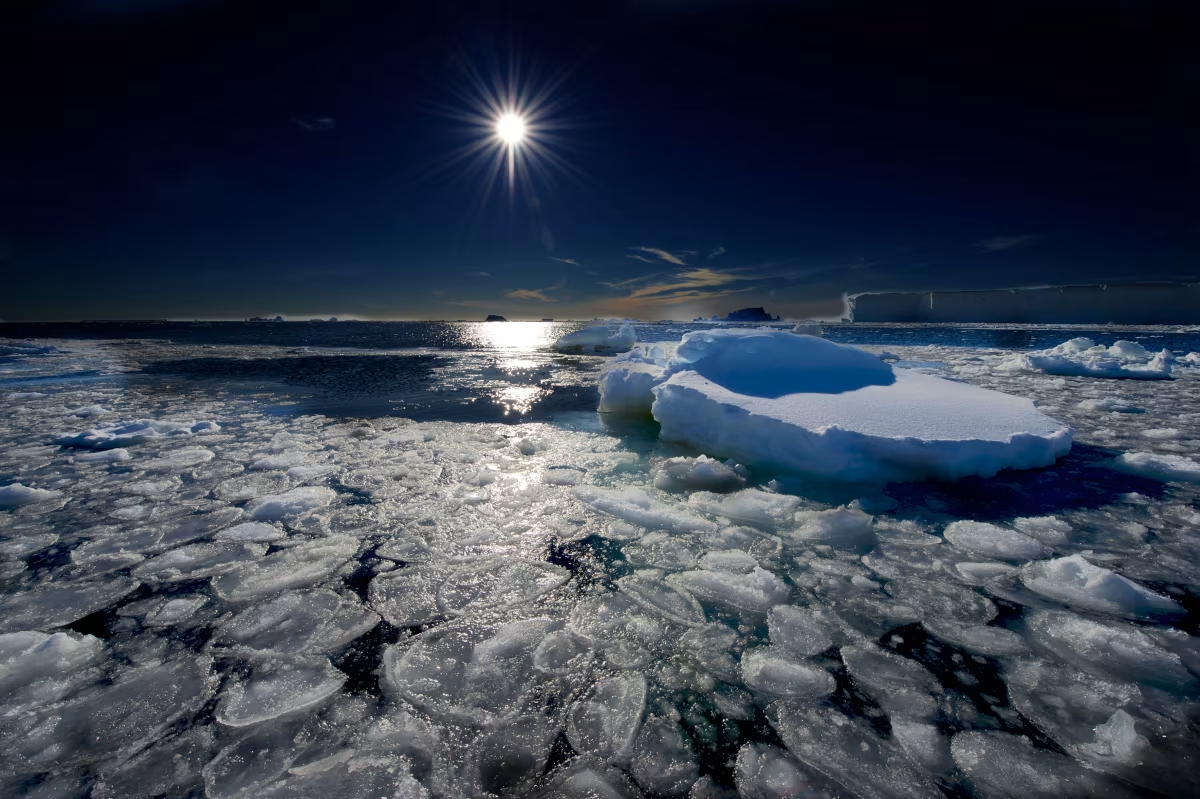
Mary Alice McWhinnie and Phyllis Marciniak, the first American female scientists in Antarctica
During the 1962 - 63 Antarctic summer, two female scientists from the United States were included in the American Antarctic program: Dr. Mary Alice McWhinnie and her research assistant, Phyllis Marciniak.
McWhinnie was a biologist interested in krill, and she and her assistant worked on board the floating laboratory of the USNS Eltanin. Over the summer, they worked in the Weddell Sea and off the South Orkney Islands.
At the same time, Christiane Gillet became the first American woman to visit the continent. Gillet was a mechanical engineer who visited the French Antarctic station Dumont d’Urville in Adelie Land. Her responsibilities in Antarctica included provision and maintenance of technical equipment and machinery for the French research program in Antarctica.
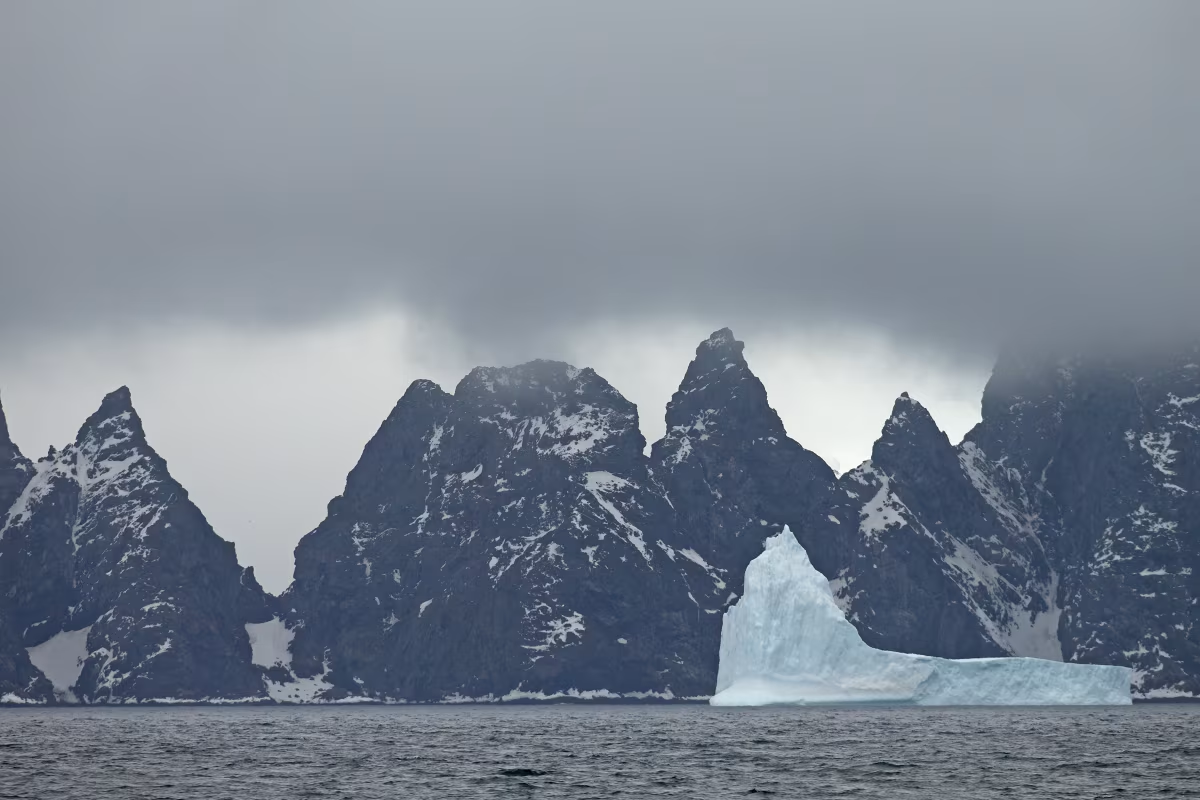
Other nations breaking the Antarctic barrier
Chilean scientists Nelly Lafuente and Wanda Quilhot worked in Antarctica during the 1963 - 64 summer, stationed at Bernado O’Higgins at the northeastern edge of the Antarctic Peninsula. They investigated bird reproduction and other local fauna.
Marie Darby, a marine zoologist at the Canterbury Museum in New Zealand, visited Antarctica on the Magga Dan of Lindblad Travel, Inc., in 1967 - 68.
And over the summer of 1968 - 69, four female Argentinian scientists worked on the Antarctic Peninsula: Irene Bernasconi, marine biologist; Mara Adela Caria, microbiologist; Elena Martinez Fontes, marine biologist; and Carmen Pujals, botanist.
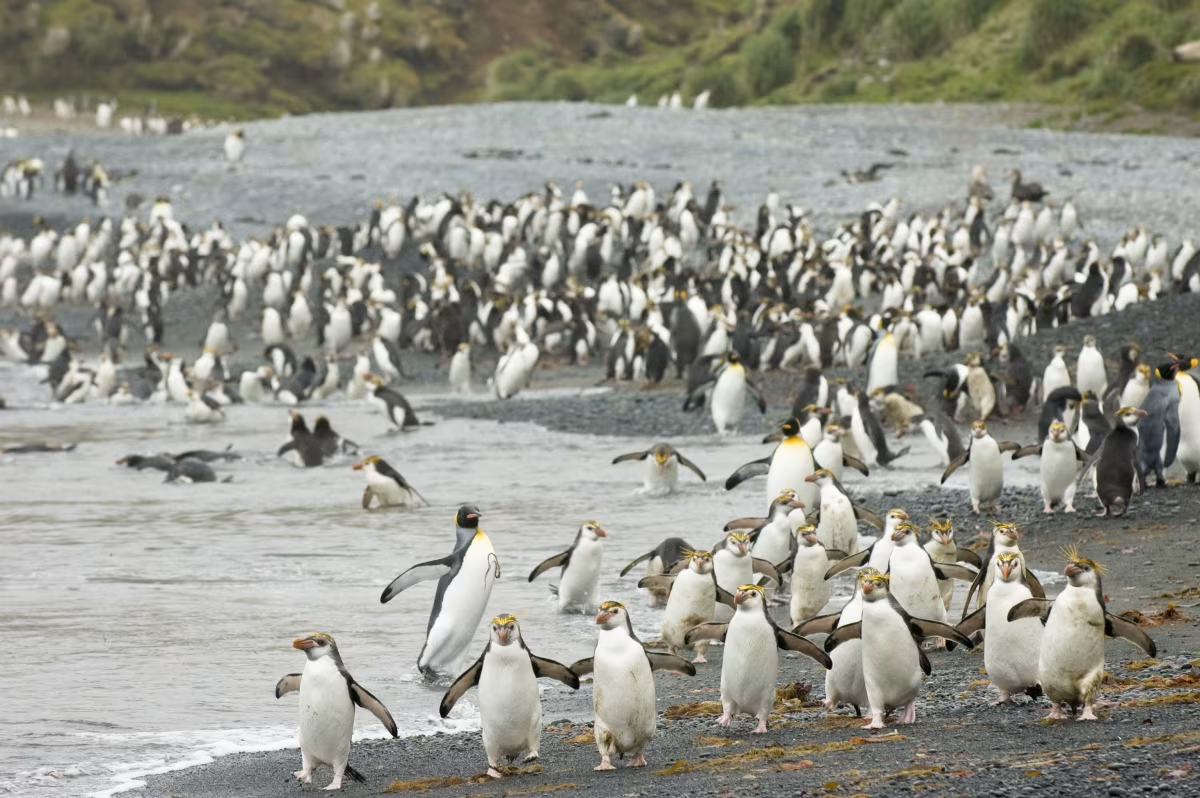
Mary Alice McWhinnie, also the first woman to serve as chief scientist at an Antarctic research station
In 1974, Mary Alice McWhinnie was appointed chief scientist for the winter Antarctic program, the first female to hold that position in Antarctica.
McWhinnie had first submitted her proposal for scientific research to the US National Science Foundation in 1959. She was also the first woman to sail Antarctic waters, having completed four Antarctic voyages on USNS Eltanin over the previous decade.
She joined Mary Odile Cahoon, also a biologist, at McMurdo Station, the largest research station there and one of many places you can visit on an Antarctica cruise.
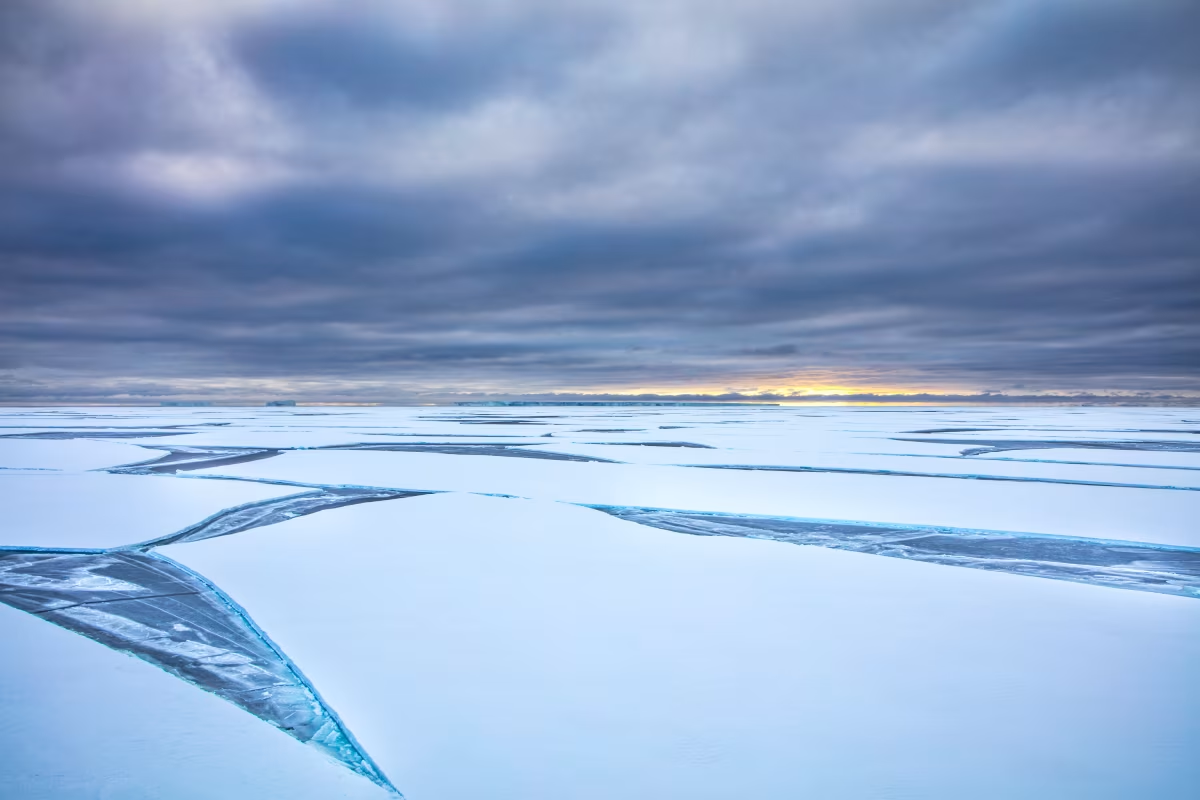
Title image: Ingrid Christensen (left) and Mathilde Wegger, 1931, © Sandefjord Whaling Museum
